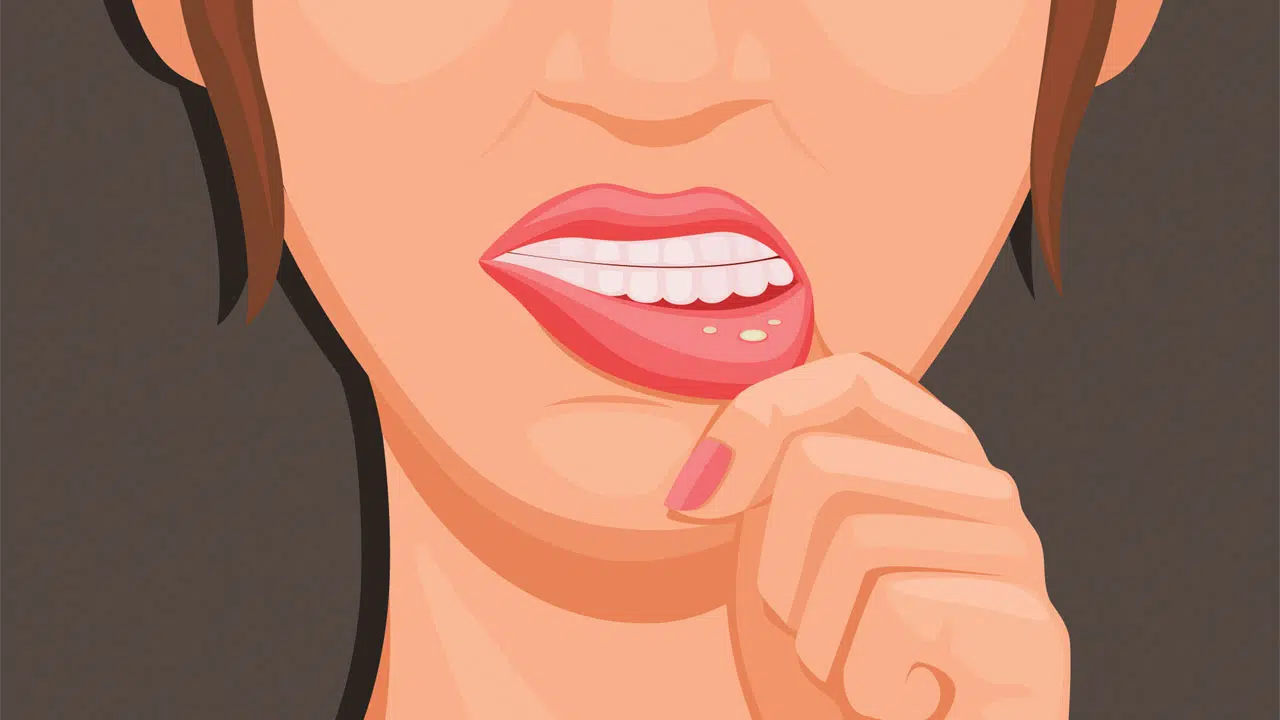
The formation of malignant cells in the lips causes lip cancer. It is the most common form of oral cancer but accounts for only 0.6% of cancers in the US. About 40,000 new cases of lip cancer are diagnosed annually.
When you keep up with your regular dental appointments, your dentist can detect signs of lip cancer and help develop a treatment plan. If lip cancer is caught in its early stages, you have a 92% five-year survival rate.
What are the Signs of Lip Cancer?
Your dentist looks for these signs of lip cancer during your check-up:
- A persistent sore on the lips or in the mouth
- A thick or hard lump on the lips, mouth, or the gums
- A white or red spot on the gums, tongue, or mouth lining
- Swelling in the jaw
Symptoms can also include difficulty chewing, swallowing, or moving your tongue. Lip cancer symptoms vary from person to person, so tell your dentist if you are experiencing any of these signs.
What are the Risk Factors of Lip Cancer?
Your lifestyle and behaviors dramatically influence your risk for lip cancer. You may be at higher risk for lip cancer by:
- Using tobacco products: Using cigarettes, cigars, pipes, or chewing tobacco increases your risk for lip cancer. Tobacco use is associated with many cases of oral cancer.
- Heavy alcohol use: Men who consume at least 15 drinks per week are considered heavy drinkers, whereas women are considered heavy drinkers if they consume eight or more drinks a week. A person’s risk of developing alcohol-related cancer increases with the amount of alcohol they drink.
- Regular and prolonged exposure to the sun: Sun exposure is also a significant risk factor, particularly for those who work outside. An Australian study found that 81% of lip cancers over 25 years were in the lower lip due to their extensive exposure to the sun.
- Human papillomavirus (HPV): People have a higher risk of lip cancer if they have HPV. HPV-related cancers are often difficult to detect because they form at the base of the tongue and in the folds of the tonsils.
Older men, people with fair skin, and immunocompromised are more likely to develop lip cancer. A diet low in vegetables and fruits may also increase your chances of getting lip cancer. People who have these risk factors must let their dentist know if they experience symptoms of lip cancer.
How Can My Dentist Help With Lip Cancer?
In addition to your teeth, your dentist examines your mouth, face, throat, and neck in a routine check-up to screen for any changes. They can look into the tonsils at the back of your throat and your tongue. Then, they touch your jaw and neck to identify any abnormalities.
If your dentist finds a suspicious lump or spot, they may ask you to come back a few weeks later to determine whether it’s healed naturally. If an issue is present, you and your dentist can develop the appropriate treatment plan and preventative strategy together. They can recommend additional follow-up, including a second opinion from another dentist or doctor.
Prevent Lip Cancer With Regular Dental Check-ups
Lower your chances of developing lip cancer by being aware of your risk factors. Limit alcohol and tobacco use, and always wear sunscreen and lip balm with SPF when you’re outside. You may want to consider getting an HPV vaccine if your doctor recommends it based on your age and lifestyle.
Having your dentist perform routine screenings for oral cancer is a great way to catch abnormal changes early. Call Valley Dental Care of Plainfield to schedule your next dental check-up.